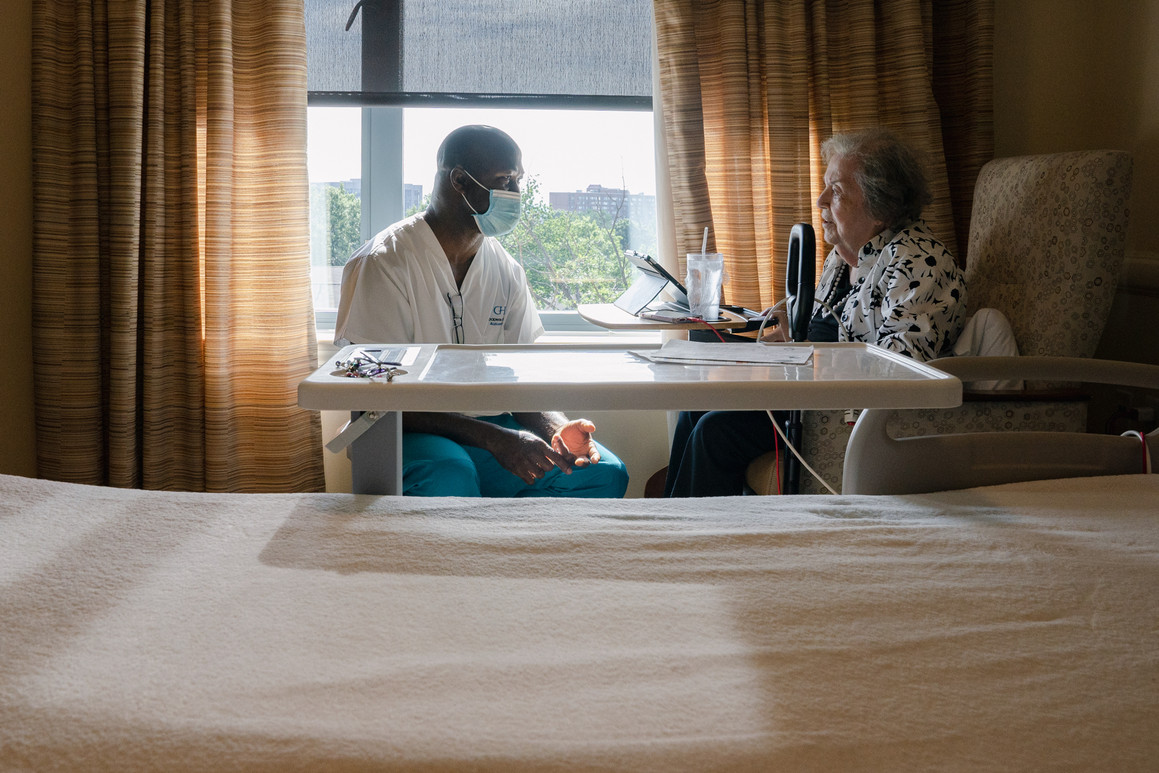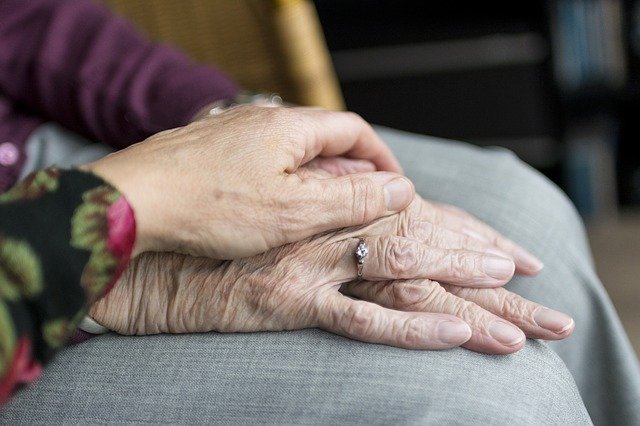
Alzheimer's disease's final stages can make a person's life difficult. They may no longer be able to walk or talk, sit up or control their bladder or bowel movements. They may even be susceptible to malnutrition or skin breakdown. Because of these limitations, they require extensive care. This can cause a lot of stress for their families. Here are some tips and tricks to ease the stress of caring for someone with dementia.
Monitoring eating during the late stages of Alzheimer's
Monitoring eating habits is an essential part of late-stage Alzheimer's caregiving. Even though they are less hungry, people with this illness may not realize they need to eat and can forget to drink liquids. People with this disease may have difficulty swallowing hot and cold liquids. Your loved one will be satisfied if you serve them meals in a familiar area and keep them following a schedule. Keep distractions at a minimum so that your loved one doesn't get distracted, whether they are preparing food or serving it.

Depression
As your loved ones' condition worsens, you may start to see signs of depression. Dementia patients may have difficulty coping socially and feel isolated. You may also experience difficulty remembering names or current places. It can be difficult to dress or manage money. As a caregiver, you must be able understand and support your loved ones' symptoms. Talking to your loved ones can help ease their burden, and even prevent the development depressive episodes.
Fatigue
It is essential to monitor the fatigue level of loved ones you care for. Alzheimer's patients may need assistance with everyday tasks like feeding themselves, taking care their pets, or answering the mail. This can leave a caregiver feeling exhausted in the final stages of the disease. With the right support and care, even though fatigue can be overwhelming, loved ones can maintain a positive outlook.
Symptoms
Many people with Alzheimer's can still participate in daily activities, despite the fact that they are more likely to wander, have personality changes and experience behavioral problems as the disease progresses. Sometimes they just require assistance in simple tasks or to make their lives easier. They may find respite or adult daycare helpful.

Treatment
Caregivers will find the final stage of Alzheimer's disease physically and mentally difficult. You can ensure your loved one has a high quality of life up to the end with the right care. Your family and friends can support you during this difficult period. A health care professional can help you facilitate family meetings to discuss the process of coping with Alzheimer's. Your loved one is worthy of dignity and respect. Their final days should be taken care of with the greatest level of care.